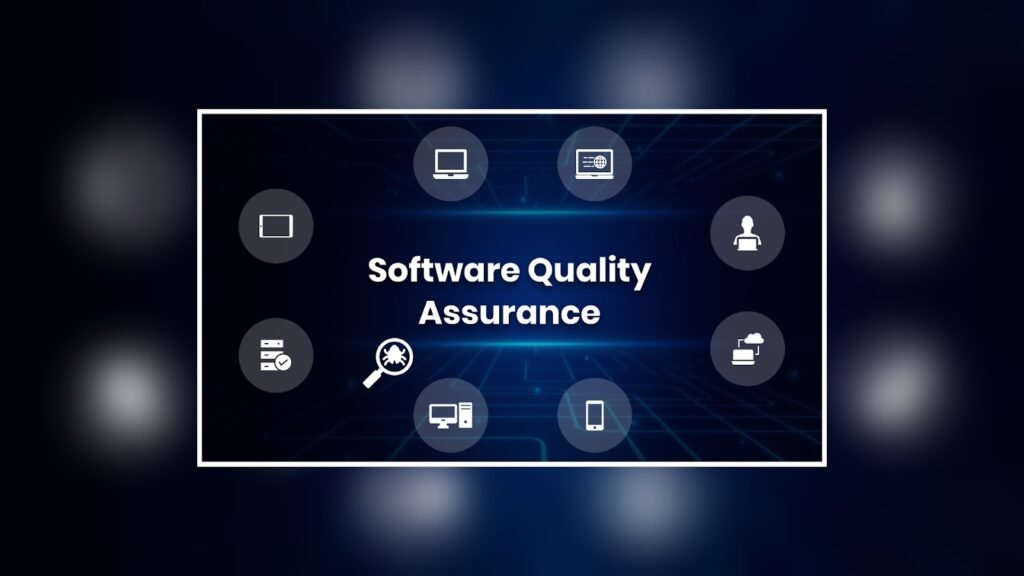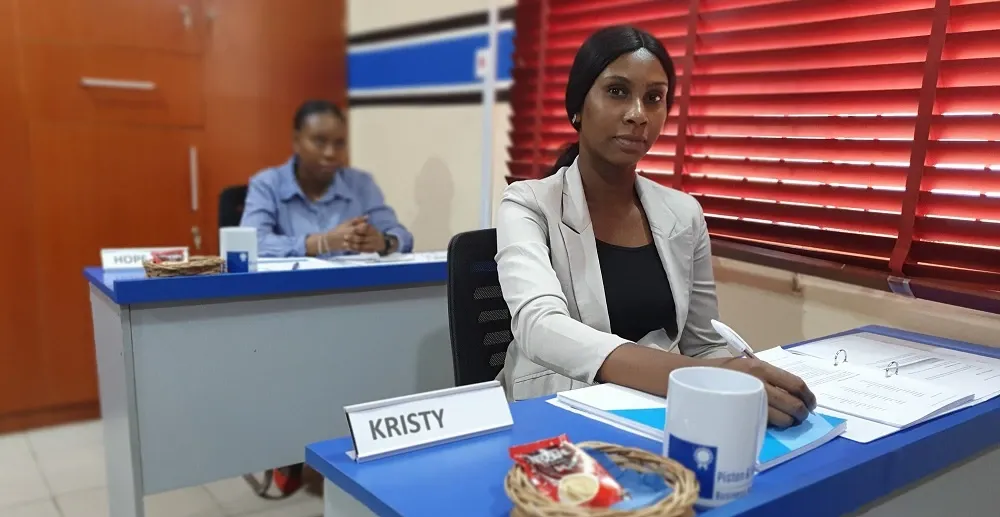In a move that signals Lagos State’s growing investment in the digital economy, the state government has successfully trained over 600 undergraduates in Software Quality Assurance (SQA) — a key component of the global tech ecosystem. The free three-week training, organised in collaboration with Korrekt Tech and the Ministry of Tertiary Education, was held across three tertiary institutions in Lagos, giving students hands-on exposure to practical digital skills needed in today’s workforce.
The initiative aligns with Governor Babajide Sanwo-Olu’s THEMES+ agenda, particularly the pillars of Education and Technology, designed to empower young people with future-ready skills. For many students, it was their first practical introduction to the world of software testing, bug tracking, and app validation — all crucial to maintaining high standards in digital products.
According to the organisers, the bootcamp aimed to bridge the gap between classroom theory and industry expectations, preparing participants not just to graduate, but to compete globally.

Table of Contents
Building Tech-Ready Graduates
Held simultaneously at the Lagos State College of Health Technology (Yaba), Lagos State University of Science and Technology (Ikorodu), and Lagos State University of Education (Otto-Ijanikin), the training was open to undergraduates from various disciplines, including non-technical fields.
The students were taught the fundamentals of software testing, including static testing, test analysis and design, and quality assurance tools widely used in the software industry. They also learnt about career development in tech, positioning them for entry-level opportunities in software quality assurance and related roles.
During the closing ceremony, Rudwan Abdulazeez, Founder of Korrekt Tech, explained that SQA professionals play a critical role in ensuring that applications function properly, are secure, and meet end-user needs before deployment. He emphasised that poor software testing has led to serious losses in sectors such as banking and e-commerce — a problem that SQA experts help prevent.
“Every digital system depends on trust,” Abdulazeez said. “Quality assurance ensures that trust is maintained. Our goal is to see more young Nigerians become globally certified QA professionals.”

Youth Empowerment at the Heart of the Programme
The Senior Special Assistant to the Governor on Students’ Union Affairs and Tertiary Education, Kappo Olawale, highlighted that the initiative was part of the state’s broader plan to make tertiary education more practical and industry-driven.
“We’re not only training students; we’re preparing them for the digital future,” Olawale said. “Lagos is the tech capital of Africa, and we must ensure our graduates can meet the evolving demands of the industry.”
Students who participated in the programme expressed deep appreciation to the Lagos State Government, noting that it was their first real-world exposure to coding, software analysis, and the rigour of QA processes.
A student from LASUSTECH, David Oluwasegun, said, “Before this training, I thought software testing was only for computer science students. But now I understand that quality assurance is about logic, attention to detail, and patience. This experience has completely changed how I view the tech industry.”
At the Lagos State University of Education, some students shared plans to form peer-led QA clubs to teach others the basics of digital literacy, continuing the ripple effect the programme sparked.
Expanding Lagos’ Digital Future
Commissioner for Tertiary Education, Sule Tolani, described the programme as part of Lagos’ effort to make ICT an integral part of all professions. “In today’s world, no field can operate effectively without ICT knowledge,” he said. “This training is a foundation for our students to build on, whether they end up in tech or any other industry.”
Beyond skills training, participants were encouraged to establish mentorship groups, share resources, and take advantage of public WiFi and innovation hubs in their institutions. Organisers also revealed plans to scale up the programme to reach thousands more students, incorporating modules on software automation, cybersecurity, and project management in the next phase.
The Lagos State Government has continued to emphasise digital inclusion as part of its long-term goal of becoming Africa’s innovation powerhouse. The success of this initiative, therefore, represents not just a training exercise but a vision — one that seeks to create a digitally competent youth population capable of leading startups, improving public services, and reducing unemployment.
Technology experts say Lagos’ move is strategic. In a country where many graduates lack employable skills, this initiative provides a direct path from education to employment. Software testing is one of the fastest-growing specialisations in Nigeria’s tech scene, with companies like Interswitch, Flutterwave, and Paystack increasingly recruiting quality assurance professionals to ensure product stability.
However, experts have also called for continuity. Training is only one step; creating real work opportunities, internships, and startup funding will determine whether these young people can turn their skills into sustainable livelihoods.
As Abdulazeez put it, “It’s not enough to train 600 students once. We need consistent partnerships with investors, tech firms, and higher institutions to sustain this momentum. The digital economy doesn’t wait — it rewards those who prepare.”

A New Wave of Digital Empowerment
For the students who participated, the impact has been both personal and professional. Several shared how the programme boosted their confidence to explore technology-based careers, even outside their main course of study.
One participant from LASCOHET summed it up perfectly: “I came here as a biology student; I’m leaving as someone who can test a mobile app and understand its logic. That’s empowerment.”
This initiative underscores Lagos’ recognition that the future of work is digital — and that young people must be equipped not just with degrees, but with the skills that power innovation. By investing in software quality assurance, the state is investing in reliability, excellence, and the kind of youth capacity that can sustain Nigeria’s reputation as Africa’s tech nerve centre.
The training may have lasted only three weeks, but for over 600 Lagos undergraduates, it has opened a lifetime of possibilities.
Join Our Social Media Channels:
WhatsApp: NaijaEyes
Facebook: NaijaEyes
Twitter: NaijaEyes
Instagram: NaijaEyes
TikTok: NaijaEyes





